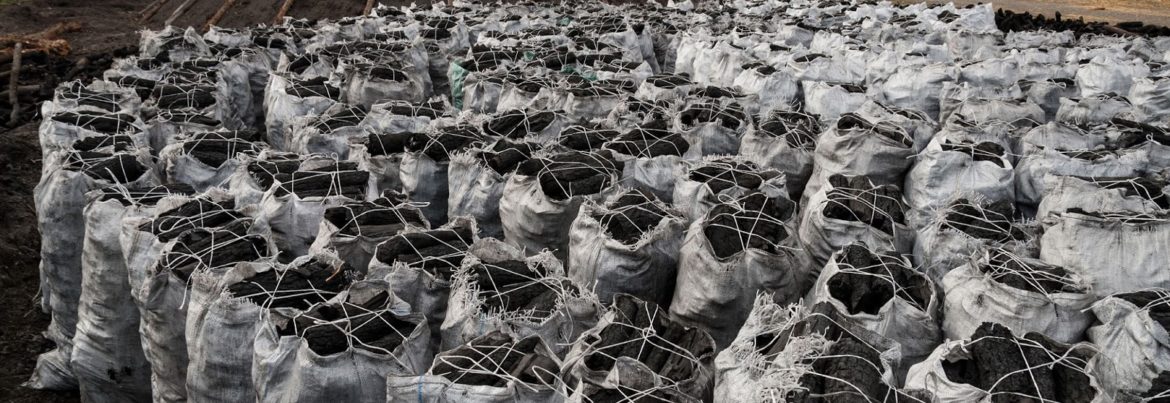
The earth is reaching a climatic tipping point faster than ever before. That is the tragic reality. And this will affect all of us. The atmospheric temperatures are expected to increase across the globe and rainfall may increase or decrease, depending on location.
Ultimately, climate change will have significant negative impacts on the economy, human health, energy use, and biodiversity and ecosystem services.
The current severe heat stress and reduced air quality being experienced across the globe is an alarm bell for everyone to engage in the climate change fight. Since Uganda is heavily dependent on rain-fed agriculture, the belief is that the major impact of climate change will be decreased agricultural production leading to food shortages.
Conservationists argue that Uganda had made a positive move to sign up to the United Nations Framework Convention on Climate Change (UNFCCC) and followed it with development of the National Climate Change Policy and Implementation Strategy in 2012/13. A road map for the development of the National Adaptation Plan (NAP) was submitted to the Secretariat of the United Nations Framework Convention on climate change at the beginning of 2015. However, the full implementation of the priority adaptation and mitigation actions principally remain on paper because they are conditional on the support of international stakeholders.
The government needs to urgently review and make relevant reforms in the current climate change adaptation approach; most especially building institutional capacity to conceptualize climate compatible development projects as well as increase and manage climate finance.
The current climate change impacts and costs are expected to persist because of our past and present-day environmental decisions. We must act now to adapt and build resilience to a changing climate so that we are able to proactively manage risks, protect our health and ensure the well-being of Ugandans.
By Andrew Mafundo
